The Real Reason Why Organic Food is Expensive by Siddharth Sancheti
The USDA National Organic Program (NOP) defines ‘Organic’ as follows: “Organic food is produced by farmers who emphasize the use of renewable resources and the conservation of soil and water to enhance environmental quality for future generations. Organic food is produced without using most conventional pesticides and fertilizersmade with synthetic ingredients or sewage sludge, bioengineering or ionizing radiation. Before a product can be labeled “Organic”, a government-approved certifier inspects the farm where the food is grown to make sure the farmer is following all the rules necessary to meet USDA organic standards.”
A 1994 study by the University of Wisconsin suggests showing that typical concentrations of nitrate (a common fertilizer) and a pesticide in the groundwater may compromise the nervous, endocrine, and immune system of young children and developing fetuses. A studyin 1973 associates high levels of sodium nitrate in groundwater with the prevalence of gastric cancer, and another one in 1996 with that of testicular cancer. In today’s time, when there is immense exposure to chemicals, air pollution, water pollution and hazardous wastes, we still refrain from paying those extra bucks that can cost us in multiples in case we fall prey to such deadly diseases.
So let us try and address the most frequently asked question by consumers…
Why is Organic Food So Expensive?
There are several factors that contribute to the increase in the price of ‘organic-certified’ produce. Let’s try and understand some of them.
Organic Certifications
Organic farmers are required to pay a high fee for registration, accreditation and certification. These certifications are expensive and time consuming for many growers and handlers. Not only are first-time certification costs steep, but there are other certification related costs involved as well. Some of the major certification costs include the renewal of certifications, education of growers, suitable organic land, livestock from organic origin, organic seeds, and special processing equipment. Apart from this, any chemical analysis is charged on actuals. In case a farmer cultivates two different crops on his organic farm, then this fee is doubled. Most of the farmers find it difficult to sustain the cost and eventually the end price tends to be higher.
Higher Cost of Production
Production costs for organic food are typically higher because of greater labour inputs per unit of output due to many factors, such as uncertain yields, no growth enhancers and hormones, crop rotation on small scale operations, etc. We shall discuss each of these in detail in our next article.
Increased Shipping Cost
Once the crop is harvested, handling of relatively small quantities of organic food results in higher costs because it is mandatory to segregate conventional and organic produce, especially for processing and transportation. The storage cost also goes up because organic crops have higher spoilage chance in the absence of chemical treatments done otherwise. The overall procedure increases the cost by the time it reaches the market.
Education
To acquire organic farming skills, business owners spend significant time and money to understand the basics. Since organic food policies keep changing, being up-to-date is important but also a costly affair. Apart from self-education, organic business owners or companies must ensure that their employees follow proper protocol. There are a lot of different skill sets and protocols involved with the whole process of organic farming, which need to be adhered to, for an operation to stay certified.
Demand-Supply Gap
Economies of scale in consumer terms means the more you buy, the more a company will produce, and the more you produce, lower the prices will fall. Supply and demand is a huge issue in this industry. Though organic food is gaining popularity year on year, its sales are nowhere near conventional food sales. Had there been more consumers who bought organic produce, there would be more demand, enabling organic operations to scale up. That, in turn, would lower costs. But when consumers flock to low priced, toxic food, that’s what companies want to produce.
Inefficient Marketing and Distribution
Marketing and the distribution chain for organic products are relatively inefficient and costs are higher because of small volumes and lower consumer awareness. People who can very well afford healthier variants are still attracted towards conventional food without knowing the probable harm it can cause in the long run. And since the market is not developed very well, the distribution channels are comparatively inefficient, giving power in a few hands, in turn, empowering them to charge premium hence higher costs for the consumer.
Special Facilities
From growers to processors, most organic certified operations need special land and/or facilities before they can produce organic food. Organic land costs much more than conventional farmland because there’s a long checklist of qualities that an organic land must possess. If an organic company shares space with a conventional company, more time must be spent making sure that products aren’t mixed, or if they are mixed, that processing machines are properly cleaned before they’re used for organic food processing.
Eating inorganic food for a prolonged period of time is an unforgivable invitation to abnormalities and deficiencies. Yes, it is agreed that monetarily Organic Food is more expensive than its conventional counterparts. However, we must decide whether the value of our health is worth that difference.
—
This article is authored by
Siddharth Sancheti
Director, Agronic Food Pvt Ltd
|
From a pimple to cancer, our You Care Wellness Program helps you find a way Talk to our integrative team of experts today 18001020253 |










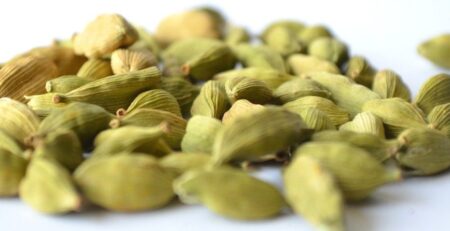
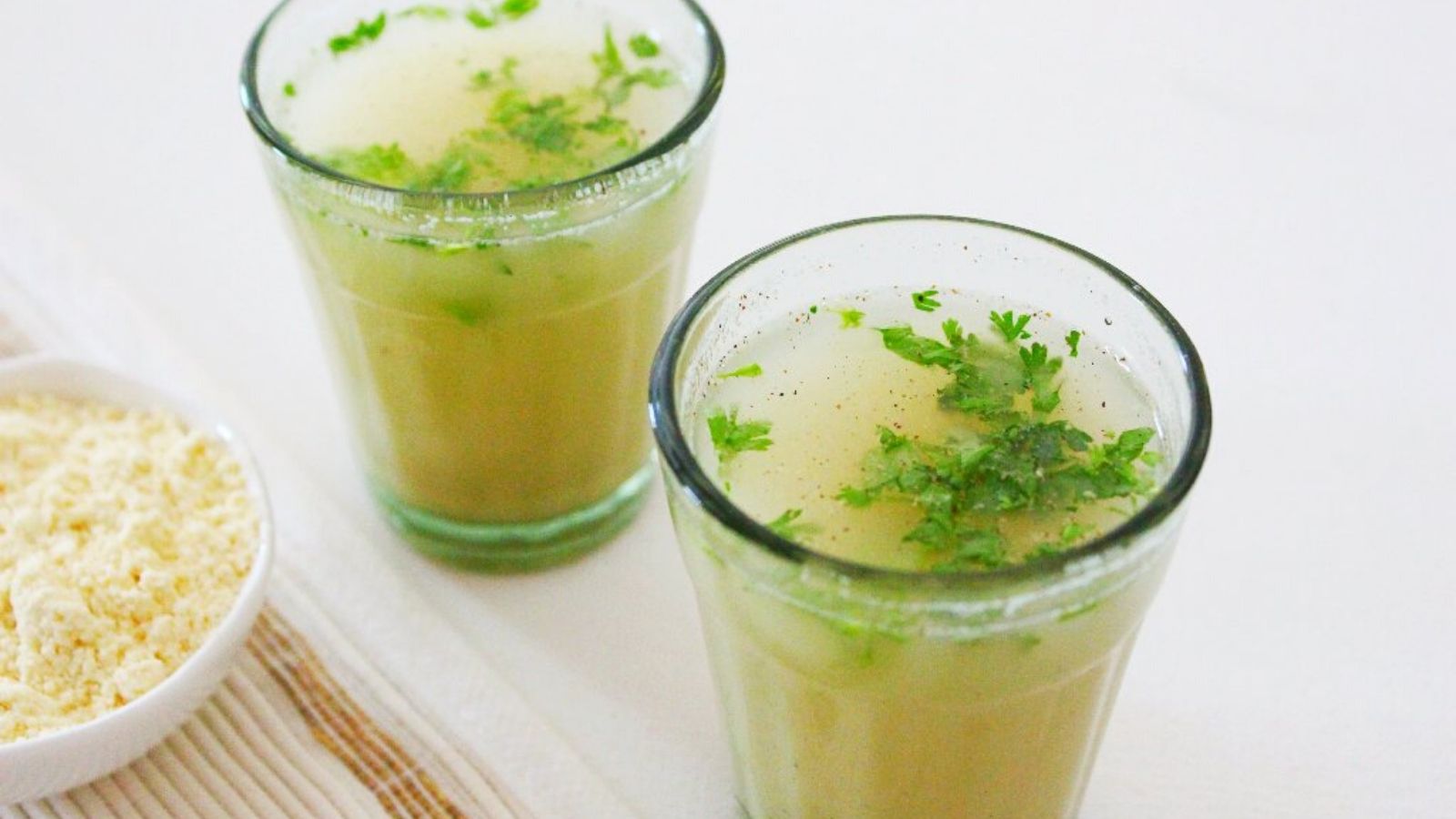
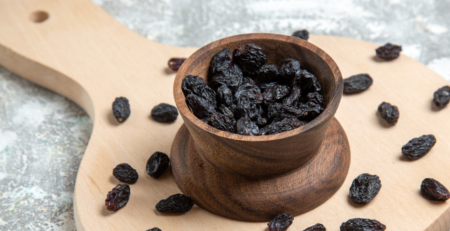

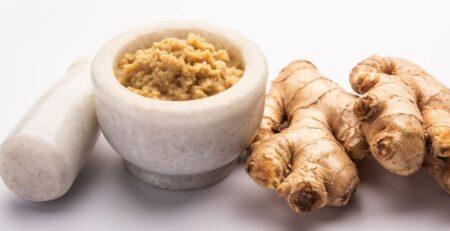

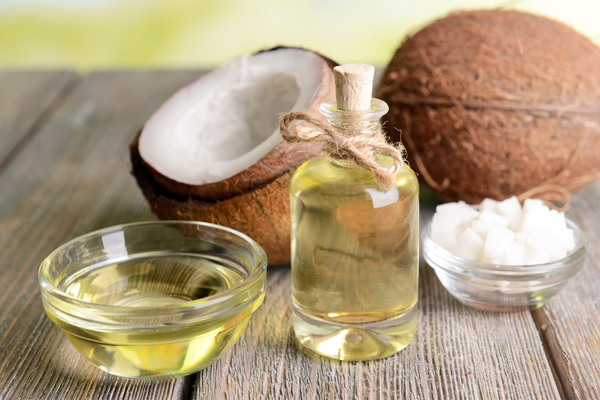
Comments (2)
It is a fact that organic food is still lacking for good marketing practices. Nice post…thanks for the information.
Thank you